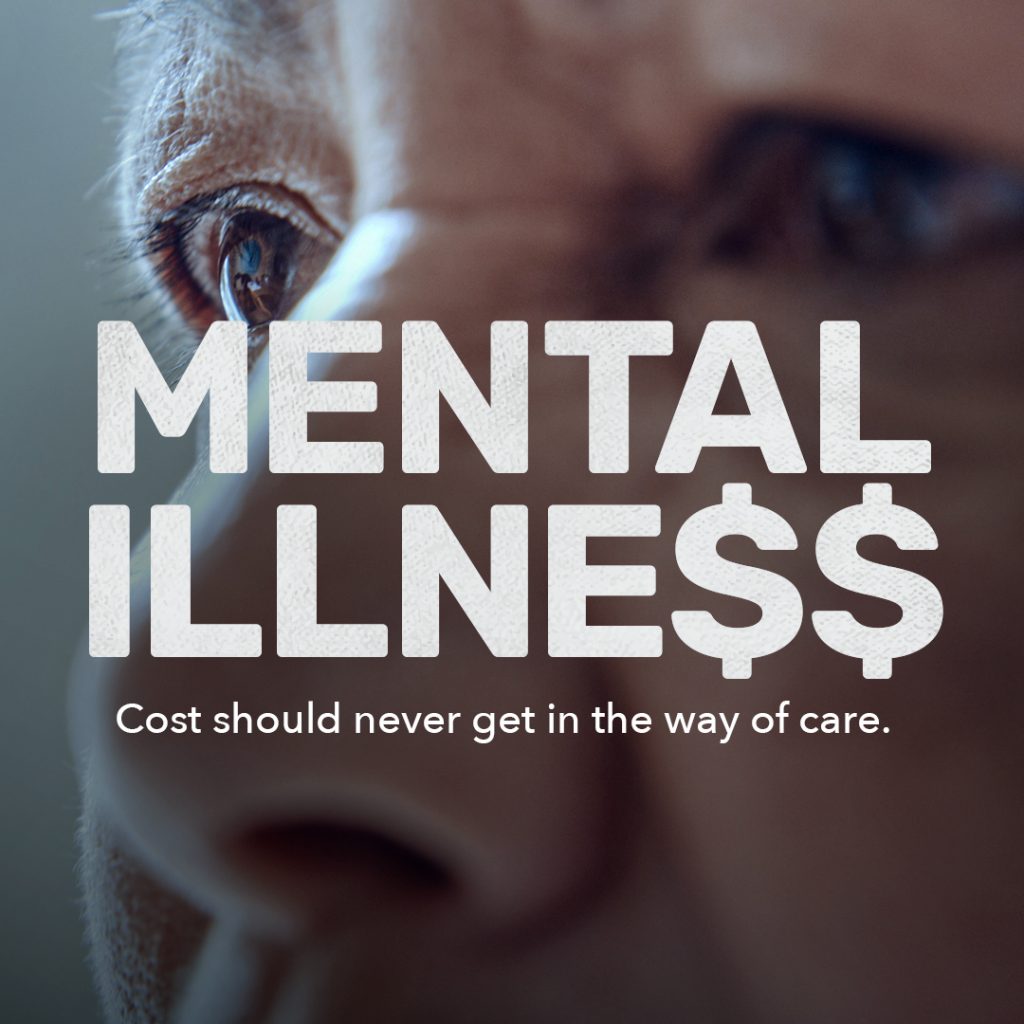Canadian Mental Health Association calls for new mental health promotion strategy to get out in front of mental illness.
To mark its 68th annual Mental Health Week, the Canadian Mental Health Association (CMHA) calls for a national mental health promotion strategy to help shore up Canadians’ mental health in the face of rising rates of mental illness worldwide. The call is one of six recommendations outlined in a new national CMHA policy paper, Cohesive, Collaborative, Collective: Advancing Mental Health Promotion in Canada, released today.
“Most efforts to support mental health in Canada focus on treating addiction or illness, or managing symptoms, and not on fostering mental health—and even those treatment services are not adequate to address the growing need,” says Dr. Patrick Smith, national CEO, CMHA. “All signs point to not being able to treat our way out of this crisis. We have to get ahead of it.”
Mental health promotion efforts, such as suicide-prevention programs and community-based skills training on managing anger, reducing stress and addressing risky behaviours, are proven to improve population mental health and reduce public- and private-sector expenditure on mental health care and treatment. To date, Canada’s patchwork efforts to promote mental health in key settings such as schools, workplaces and communities have been too underfunded or uncoordinated to yield large-scale or long-term impact.
“We all understand we have to brush our teeth to avoid cavities. We teach our kids about fire safety to stave off house fires. But our society still doesn’t get that it’s the same with mental health,” says Dr. Smith. “Waiting until the house is on fire is way too late to start teaching kids not to play with matches.”
Given 70 per cent of mental health problems begin in childhood and adolescence, and that mental health promotion efforts are most effective when they begin early in life, schools are an ideal setting in which to promote good mental health in Canadians. School-based approaches, such as social and emotional learning (SEL) programs, can help students develop empathy, tenacity and self-esteem, as well as impulse control and self-regulation, manage anger and stress, identify emotions and get along with others.
In the workforce, which captures 60 per cent of those aged 16 or older, there is strong evidence that workplace-based mental health promotion programs are effective at reducing absenteeism and presenteeism, improving productivity and reducing health care costs.
“When we understand what mental health really is, we start to get that its something we all have. The mental health-care system of the future is not just in clinics or hospitals—it’s in workplaces and schools, serving entire populations and not just individual patients,” says Dr. Smith.
To be effective, the national mental health promotion strategy must be properly coordinated, well-funded, sustained and monitored. To be successful, the strategy must: address the mental health implications of federal policies and programs across all departments and ministries; include an increase in the share of health budget spent on mental health to nine per cent from 7.2 per cent; replicate and scale up programs that address social inequalities and disparities that cause poor mental health and invest in social marketing campaigns.
The policy paper recommends the strategy be accompanied by an increase in social spending by two per cent to promote social inclusion, freedom from violence and discrimination and access to economic opportunity, with a special focus on older adults facing loneliness, youth facing stressors of the social media age and the un- and underemployed in today’s gig economy.
An increased focus on mental health promotion and prevention efforts will better serve all people in Canada, including those who currently have mental illness, because it will alleviate pressure on the acute-care system. Part of the reason we have long wait times and barriers to access is that, for example, those with mild-to-moderate anxiety or depression are waiting to see a psychiatrist to get help, when they could be best served by other community health-care professionals.
“We can see where the need is about to grow—in our aging population, in the youth growing up in a digital and disconnected world, and in those with precarious work. We have evidence that mental health promotion can address these growing needs, but we can’t just invest in hospital beds. anti-bullying programs in schools. The mental health system of the future needs both,” says Dr. Smith.
To learn more about CMHA Mental Health Week, a social marketing campaign to educate Canadians about what mental health really is, supported generously by Sleep Country Canada, Serta, Salesforce, CGI, Oziel Law and Not Myself Today, please visit www.mentalhealthweek.ca.
To download the Summary Report of Cohesive, Collaborative, Collective: Advancing Mental Health Promotion in Canada, or the 57-page Full Report, please click here.
*this release originally appeared on the CMHA National website



Leave a Reply